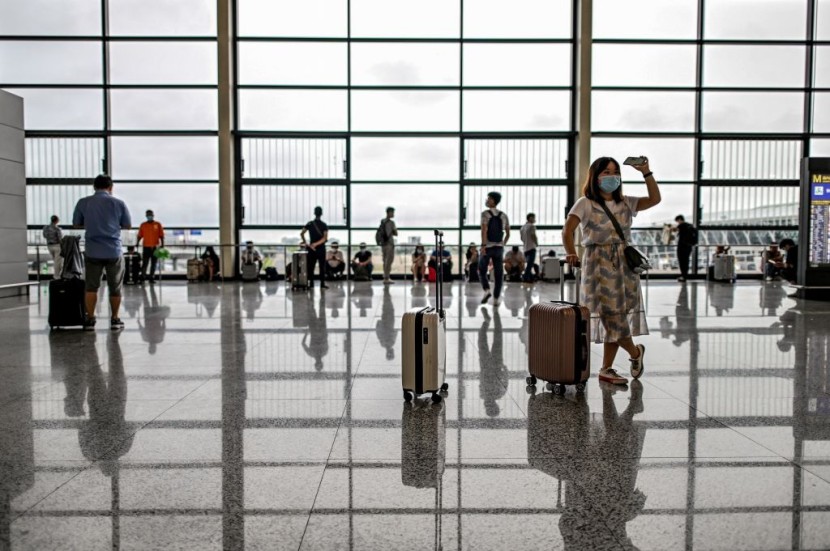During the Lunar New Year holiday, the number of cross-border travels is expected to triple compared to the same time last year, according to China's immigration officials, who are predicting that it will go back to pre-pandemic levels.
The National Immigration Administration (NIA) has forecasted that, throughout the eight-day weekend beginning on Saturday, February 10, an average of 1.8 million inbound and outbound travels would take place in China.

Lunar New Year Celebration
South China Morning Post said that in the days leading up to the Lunar New Year and during the closure weekend, major international airports should see an influx of passengers. On a daily basis, 830,000 passengers will use Pudong Airport in Shanghai, 390,000 will use Guangzhou's Baiyun Airport, and 360,000 will use Beijing Capital Airport.
Land travel is also expected to surge in the southern regions of the Greater Bay Area.
The Gongbei Port, which connects Zhuhai and Macau, anticipates 305,000 transits per day, while the busiest border checkpoint between Hong Kong and Shenzhen, Luohu Port, anticipates 198,000 passengers per day. Daily passenger traffic at the adjacent Futian port was anticipated to reach 157,000.
Over the holiday season, 7.5 million people were projected to cross the border, including both locals and visitors from mainland China and Hong Kong.
Festive Travel Season
This year's 40-day festive travel season, which started on January 26 and concludes on March 5, coincides with the official holiday. Hundreds of millions of Chinese people go back home or travel abroad around this time to celebrate the Spring Festival, also known as the Lunar New Year.
Xinhua, the official news agency, said that 189 million passenger journeys were logged on the opening day of the travel season, an increase of about 20% compared to the same time last year.
The longer vacation and post-pandemic excitement, according to observers, are the primary factors behind the dramatic increase in travel. Tourist confidence was only beginning to rise at this time last year since China had lifted its zero-COVID policy that had been in place for years.
Not only that, but Beijing has inked extensive visa waiver contracts with 23 nations, including France, Germany, and Italy, as well as the warmer countries of Singapore, Malaysia, and Thailand.
With the agreement between China and Singapore going into force on Friday, February 9, the eve of the Spring Festival, nationals from both countries would be able to go to the other for up to 30 days without a visa for tourism, family visits, business, or other private issues.
© 2026 HNGN, All rights reserved. Do not reproduce without permission.








